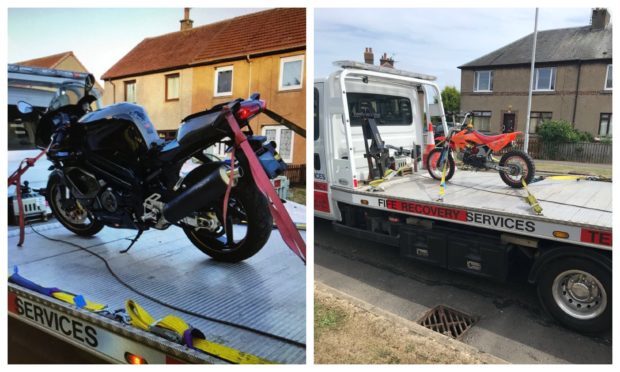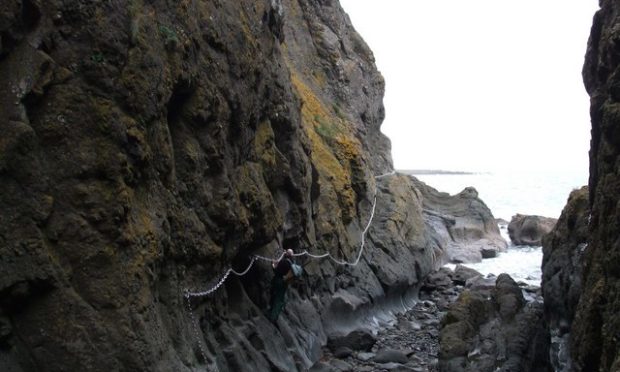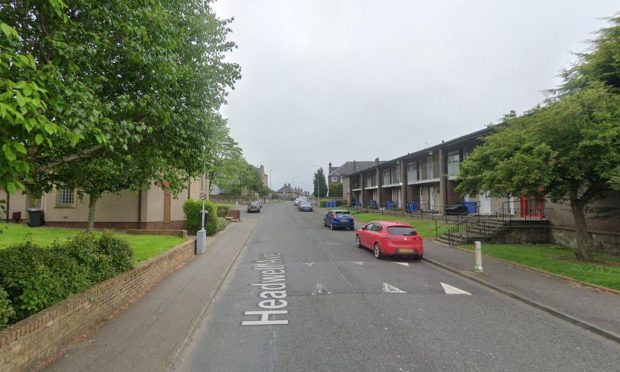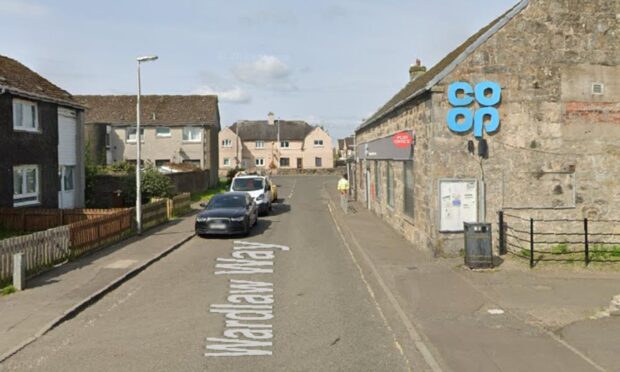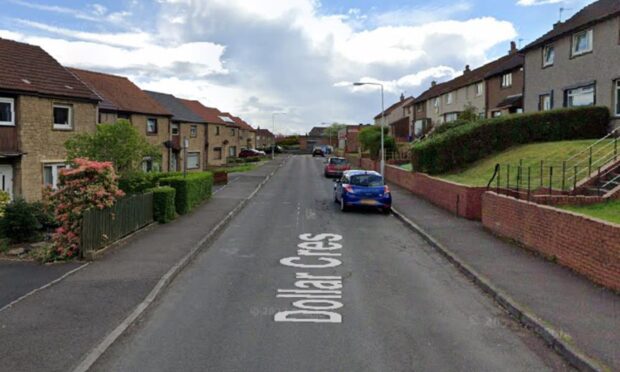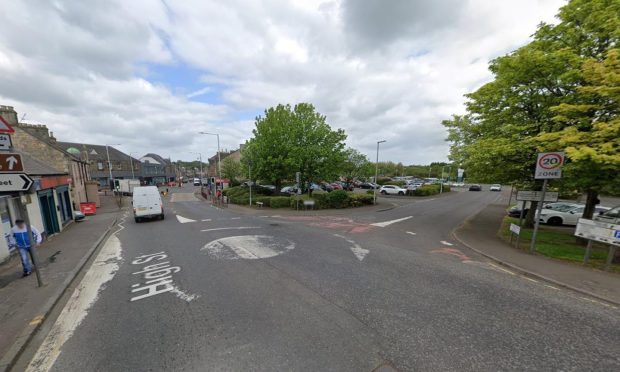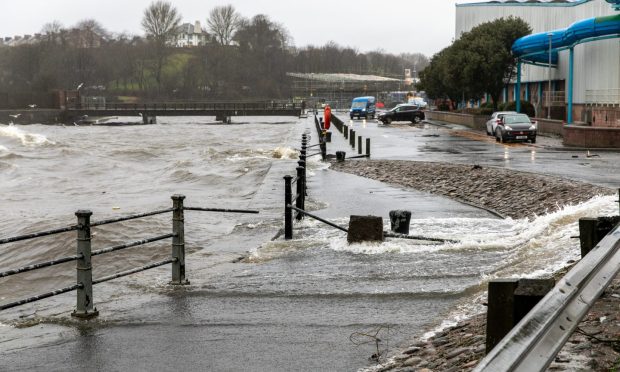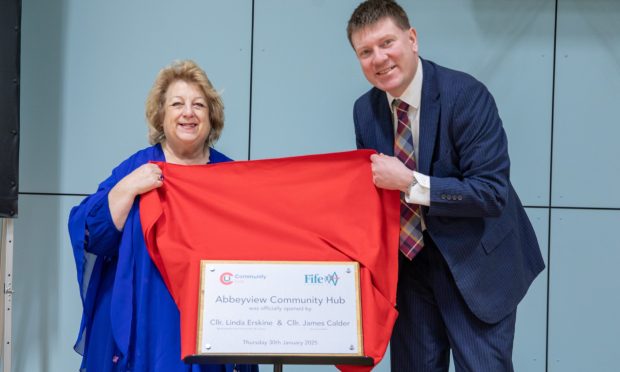A senior Fife police officer has called for a law change before someone is killed by an illegal biker.
Levenmouth-based inspector Tom Brown said youths speeding on unlicensed motorbikes continued to pose an “extreme threat” to the public despite a range of tactics to disrupt, detect and deter them.
While 21 people have been detected and 31 bikes seized in the area since April, Mr Brown said the culture of illegally using motorbikes in Levenmouth remained.
He has enlisted the help of local MSPs and urged councillors to help lobby for a change in legislation to ensure tougher penalties for those caught.
“What do you get for driving a motorbike on land that’s not a public road?” he said.
“Three penalty points, so we have to catch them four times before they are banned.
“There’s a threat to public safety. Somebody will be killed by the illegal use of motorbikes and legislation needs to be changed to reflect that.”
Riders, often wearing masks to hide their identity, have been blighting Levenmouth’s streets and open spaces for years as they tear around, often without a licence, insurance or even a helmet.
>>24 Days of Christmas – Click here for special festive deals from some of our favourite local business
Methil and Kennoway are particular hotspots and a range of tactics has been deployed under the Operation Reflector banner, including covert CCTV and the assistance of trained police motorcyclists from Edinburgh.
Mr Brown said the public’s help had also been invaluable and called on them to keep reporting incidents to the police.
Mid Scotland and Fife Labour MSP Claire Baker said she would continue to raise the issue with the Scottish Government.
“We need to see solutions before someone is seriously hurt,” she said.
“Considering the dangers of pursuit to officers and the public at large, the fact that the riders often wear masks and that they can easily cross fields to escape, apprehending them can be difficult.
“That is why we should be looking at all ways to make the police’s job easier, including changes to legislation.”
In response, a Scottish Government spokesperson said: “Police already have powers in place to seize vehicles being used in a manner causing alarm, distress or annoyance.
“Local community policing teams are ideally placed to engage with members of the community to identify areas causing concern which can be prioritised for proactive patrols to prevent repeat instances of such behaviour and deal with any offences.”
